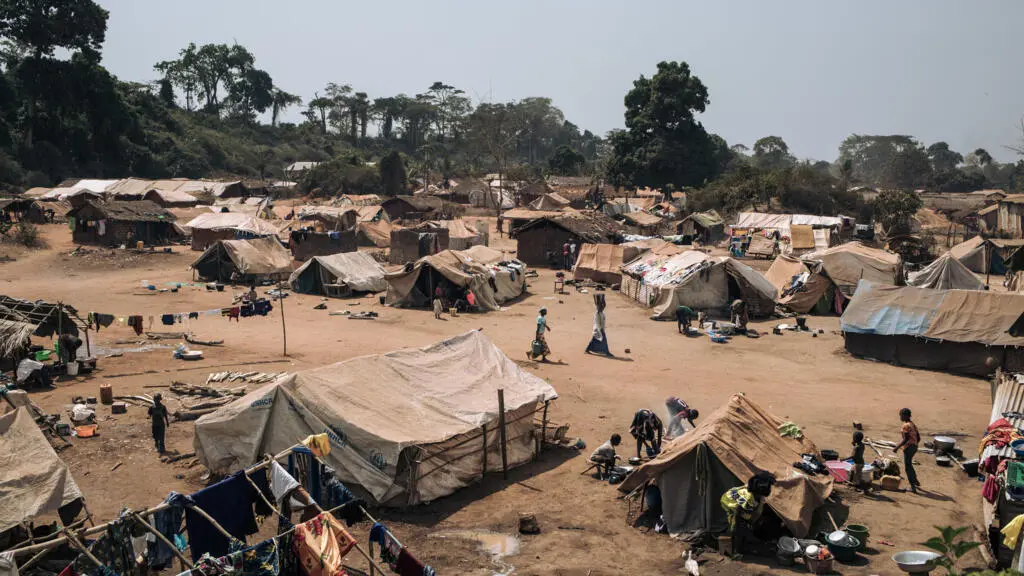On January 29, 2021, African leaders from the Great Lakes region, gathered at a mini-summit in Luanda, Angola, urged rebel forces in the Central African Republic (CAR) to implement an immediate and unilateral ceasefire.
The call, made under the auspices of the International Conference on the Great Lakes Region (ICGLR), comes amid escalating violence that has displaced over 200,000 people in the past two months, according to the United Nations.
Context of the Conflict
The CAR, one of the world’s poorest nations, has been gripped by election-related violence following a rebel offensive launched a week before the contested presidential elections on December 27, 2020.
The elections saw President Faustin Archange Touadéra re-elected, despite rebels controlling approximately two-thirds of the country.
The ongoing conflict, rooted in decades of coups and wars since CAR’s independence from France in 1960, has exacerbated the humanitarian crisis in the landlocked nation.
ICGLR’s Stance and Actions
The ICGLR mini-summit, attended by prominent leaders including Congolese President Denis Sassou-Nguesso and Rwandan President Paul Kagame, issued a strong statement condemning the violence.
Angolan Foreign Minister Tete Antonio, speaking on behalf of the summit, emphasized the need for a “Great Lakes region without armed conflict, without death, or forced displacement of inhabitants.”
The leaders also expressed support for CAR’s request to the UN Security Council to lift a heavy weapons embargo, which the CAR government argues is essential to combat rebel forces.
Humanitarian Crisis and Regional Implications
The violence has deepened the humanitarian crisis in CAR, with over 200,000 people displaced since mid-December 2020.
The ICGLR’s call for a ceasefire aligns with broader regional efforts to stabilize the Great Lakes region, which includes 12 member states committed to promoting peace and development.
The organization, established in response to conflicts like the 1994 Rwandan genocide, seeks to address the interconnected nature of regional instability.
Looking Ahead
The ICGLR’s push for a ceasefire and support for lifting the arms embargo signal a multifaceted approach to resolving the crisis.
However, the effectiveness of these measures depends on the rebels’ response and the international community’s willingness to adjust UN sanctions.
The summit’s outcomes reflect a broader commitment to fostering peace in a region plagued by cross-border conflicts and governance challenges.






